At Commonwealth Contractors, our approach to building mirrors my personal philosophy on life, blending practicality with a touch of ingenuity. With a deep respect for classical building principles and a keen eye for modern improvements, you can rest assured that when you collaborate with Commonwealth Contractors, your project will be managed with quality and integrity.
.svg)


Navigating Virginia zoning codes can be complex for developers, builders, and homeowners. The detailed regulations on land use and building standards are crucial for successful project planning and execution. This guide aims to simplify Virginia zoning codes, providing a clear route through the intricacies of laws and ordinances.
Commonwealth Contractors stands out as a beacon in understanding Virginia zoning codes. Their deep knowledge and dedication to clarifying local zoning laws offer invaluable assistance, ensuring projects are both compliant and successful. Specializing in Virginia's zoning classifications, they are the essential partner for navigating these requirements.
This article invites you to delve into Virginia zoning codes with the expert guidance of Commonwealth Contractors. Discover the essentials of the 2021 Virginia Uniform Statewide Building Code (VUSBC) and move forward with your projects with confidence. Whether you're a seasoned developer or embarking on a new venture, this guide is your gateway to mastering Virginia zoning codes, guaranteeing compliance and success in your projects.
Does Virginia Have Zoning Laws?
Yes, Virginia has a robust framework of zoning laws in place. These laws are carefully crafted to shape growth across the state, ensuring that development benefits the community at large. Virginia's approach blends the importance of statewide consistency with adaptability to address the specific needs of individual localities.

The primary aim of these zoning laws is to promote orderly development, safeguarding neighborhoods from haphazard and incompatible land uses that could depreciate property values and disrupt community harmony. They are pivotal in protecting public health and safety, addressing potential environmental hazards, managing traffic flow, and ensuring the availability of adequate infrastructure.
Virginia's zoning regulations play a crucial role in preserving community character. They help maintain the specific aesthetics and features that are important to a community's identity. Yet, despite the overarching state framework, there is room for local flexibility. Localities are given the latitude to tailor zoning regulations to meet their unique needs, ensuring that local characteristics and preferences are considered in development plans.
This balanced approach highlights Virginia's commitment to thoughtful and inclusive urban planning, ensuring that growth is both sustainable and reflective of community values.
What to Expect in Virginia Zoning Codes?
When embarking on a development project in Virginia, understanding the zoning codes is one of the initial steps in the planning process. Before you purchase land, draft designs, or apply for building permits, you'll need to consult the local zoning regulations to ensure your project is feasible. This early stage assessment helps align your development goals with the legal and community standards, setting a solid foundation for your project's success.

- Land Use Designations: Virginia zoning codes classify land into specific use categories such as residential, commercial, agricultural, and industrial. Each designation determines what you can build on a parcel of land, ensuring that the use aligns with the community's planning goals and the character of the area.
- Density and Lot Size Requirements: These regulations dictate the size and number of buildings or units that can be constructed on a given lot. Understanding these rules is crucial for planning your project's scale and ensuring it fits within the allowed density for its zoning category.
- Setback Requirements and Height Restrictions: Zoning codes specify the distance buildings must be from property lines (setbacks) and how tall they can be (height restrictions). These guidelines affect the design and placement of structures on your property, impacting both the project's layout and its integration with the surrounding environment.
- Parking and Landscaping Standards: Expect to adhere to requirements for parking spaces and green areas. These standards are designed to manage traffic flow and maintain aesthetic appeal, contributing to the functionality and overall look of your development.
- Special Use Permits and Variances: Some projects may not fit neatly into existing zoning categories or meet all specific requirements. In these cases, you might need to apply for a special use permit or a variance, which allows for exceptions to the standard zoning rules under certain conditions, provided you can demonstrate that your project serves a significant need or benefit.
Tip: Don't hesitate to ask questions! Building inspectors are there to help you understand and follow the codes correctly.
The Backbone of Virginia's Building Standards: 2021 VUSBC
Think of the 2021 Virginia Uniform Statewide Building Code (VUSBC) as the blueprint for safe and modern construction in the state. This comprehensive code sets the minimum standards for all buildings, ensuring they meet essential safety, sustainability, and quality benchmarks. Here's why understanding the VUSBC is critical:
- Sustainability & Efficiency: The VUSBC encourages the adoption of energy-efficient materials and systems, emphasizing environmental responsibility in construction. This includes updated energy improvements such as increased fenestration, blower door testing requirements, and enhanced insulation levels, aligning Virginia closely with the 2018 International Energy Conservation Code (IECC) standards.
- Staying Up-to-Date: Regular updates to the VUSBC reflect the latest in building technology and industry best practices, ensuring Virginia's building standards are on par with national and international benchmarks. The inclusion of the most recent advancements from the IECC, such as improved window fenestration and lighting efficiency, highlights Virginia's commitment to modernizing its building codes.
- Mandatory Compliance: By January 18, 2025, all new building permits must conform to the 2021 VUSBC, reinforcing the state's dedication to upholding high standards of construction and building safety.
- Enhanced Energy Conservation: The VUSBC has integrated significant energy conservation measures, including updates to mechanical systems testing for air leakage in ductwork and other Virginia-specific changes concerning HVAC sizing in new additions.
- Holistic Approach to Building Safety: Beyond energy efficiency, the VUSBC covers a broad spectrum of safety regulations, from fire protection to electrical systems and plumbing, ensuring comprehensive safety measures are embedded in the construction process.
- Flexibility in Compliance: Offering builders flexibility through performance paths and optional zero-energy compliance pathways, the VUSBC allows for customized approaches to meet or exceed energy efficiency goals based on specific project needs.
Detailed Look at Virginia Zoning Classifications
Virginia's zoning codes are a sophisticated system designed to guide the use and development of land across the state, fostering communities that are both well-organized and beneficial to their inhabitants. Below is an exploration of the key zoning classifications within Virginia and the critical roles they play in shaping the state's urban and rural landscapes:
- Residential Zoning (R-1, R-2, etc.): This classification focuses on residential developments, with density regulations ranging from low-density single-family homes (R-1) to higher-density townhouses and apartments (R-2, R-3).
- Agricultural Zoning (A-1): Aimed at protecting farmland and rural landscapes, this zoning supports agricultural activities while also accommodating residences for farmers. It's vital for preserving the state's agricultural heritage and ensuring that farming remains a viable and sustainable practice.
- Commercial Zoning (B-1, B-2, etc.): This category permits a variety of business operations, from small local shops (B-1) to larger commercial centers (B-2). The intensity levels defined within this zoning help dictate the scale and type of commercial activities that can be undertaken, influencing the economic landscape of communities.
- Industrial Zoning (M-1, M-2, etc.): Designed to accommodate manufacturing and industrial operations, this zoning differentiates between light industrial activities (M-1) that have minimal environmental and aesthetic impact, and heavy industrial operations (M-2) that require more stringent controls due to their potential effects on the surrounding areas.
- Mixed-Use Zoning: Encouraging a blend of compatible uses, such as residential and commercial, this classification promotes the development of walkable, vibrant communities. It's an increasingly popular approach to zoning that supports diverse, dynamic neighborhoods where people can live, work, and play.
Why Zoning Classifications Matter
Zoning classifications are essential for anyone involved in the real estate or development sector, providing a roadmap for permissible developments in various areas. This knowledge significantly influences everything from property values to the community's evolution, enabling stakeholders to make informed decisions that align with legal standards and community expectations.
Understanding the intricacies of zoning ensures that every development project is feasible and also positively contributes to the community. By mastering zoning classifications and engaging with local zoning authorities, developers can approach their projects with greater confidence and effectiveness, ensuring success in the complex realm of real estate development.
Important Note: Local zoning ordinances add specifics. Always consult your local planning and zoning department for details.
How to Find Your Local Zoning Codes
Understanding your local building codes is the first step towards any successful construction or development project in Virginia. These codes ensure safety, quality standards, and adherence to community regulations. Here's how to find and navigate your local building codes:

- Research Online Resources: Begin your journey by visiting local government websites, which often house a wealth of information on building codes, zoning regulations, and permit requirements. These platforms provide a solid foundation of knowledge to inform your project planning.
- Visit the Local Building Inspector's Office: As a crucial next step, make a trip to your local building inspector's office. This visit will allow you to gather specific documents, ask questions, and seek guidance on how to ensure your project aligns with current building codes and standards.
- Engage with Zoning Officials: For projects that require a deeper understanding of zoning laws or for specific queries related to your property, schedule a consultation with zoning officials. Their expertise can help clarify complex regulations and provide tailored advice for your project.
- Utilize Zoning Maps: Examine Virginia’s Zoning Atlas for your area to pinpoint your property's zoning classification. Understanding the zoning context is vital for assessing potential land use compatibility issues and ensuring that your development plans are feasible.
- Review Zoning Ordinances: Dive into the zoning ordinances that apply to your project's location. These documents detail the permissible uses, design guidelines, setbacks, and other important development parameters within each zoning classification.
- Seek Professional Advice: Consider hiring professionals such as land use attorneys, architects, and planners who specialize in navigating building codes and zoning laws. Their expertise can be invaluable in designing your project to meet regulatory requirements, addressing any legal challenges, and providing innovative solutions within the constraints of local codes.
Benefits of Working with Professionals
While DIY research is valuable, the investment in professional consultation can make a significant difference, saving time, avoiding costly mistakes, and ensuring your project's success. Choosing professionals with strong reputations and in-depth knowledge of local zoning regulations can save you significant time, money, and headaches throughout your project's lifecycle.

- Land Use Attorneys: Experts in zoning law. They can handle complex legal challenges, appeals, or help negotiate variances (special permissions beyond regular zoning rules)
- Architects & Planners: Design professionals are indispensable for crafting projects that satisfy both your vision and zoning restrictions. They work within regulations to maximize property potential and address issues like setbacks, density, and permitted uses.
- Real Estate Professionals: Experienced agents understand zoning's impact on property values and potential future uses. They can guide you towards properties suitable for your intended project and prevent the purchase of unsuitable land.
- Reputable Contractors: Seasoned contractors act as an invaluable "translator" of zoning codes into construction reality. They'll identify potential red flags early, suggest zoning-compatible design adjustments, and streamline the approval process by proactively meeting all requirements.
Choose CommonWealth Contractors For Your Home Build
Understanding the intricacies of Virginia zoning codes can be as challenging for us as developers and builders. At Commonwealth Contractors, we stand as a beacon of expertise and support, ensuring our projects not only meet local regulations but also contribute positively to community well-being. Our approach ensures every initiative we undertake meets regulatory demands while making a positive impact on the surrounding area.
.webp)
- Unmatched Regulatory Insight: At Commonwealth Contractors, we offer an exceptional understanding of Virginia zoning codes and the 2021 VUSBC. Our expertise ensures our projects align with both current laws and future development trends.
- Focus on Community Enhancement: Our efforts extend beyond compliance; we aim to uplift the communities we engage with. This commitment to enhancing local environments fosters positive relationships and ensures our projects serve broader community objectives.
- Efficient Project Management: Working with us streamlines the planning and execution process. Our forward-thinking strategies help us navigate the complexities of zoning regulations, ensuring smoother project timelines and strict adherence to codes.
- In-depth Zoning Classification Expertise: We provide valuable insights into Virginia's zoning classifications, maximizing the utility of your land. Leveraging our expertise can unlock the full potential of your project, ensuring it aligns with the optimal use under current zoning laws.
- Commitment to Sustainability and Efficiency: Our guidance prioritizes eco-friendly and efficient building practices, going beyond merely meeting the VUSBC standards. This focus not only future-proofs our projects but also aligns them with principles of environmental stewardship.
- Partnership and Comprehensive Support: Choosing to work with us means more than just consultation; it means having a partner committed to the success of your project. We offer thorough support, ensuring that every project not only meets but exceeds regulatory and community standards.

.svg)


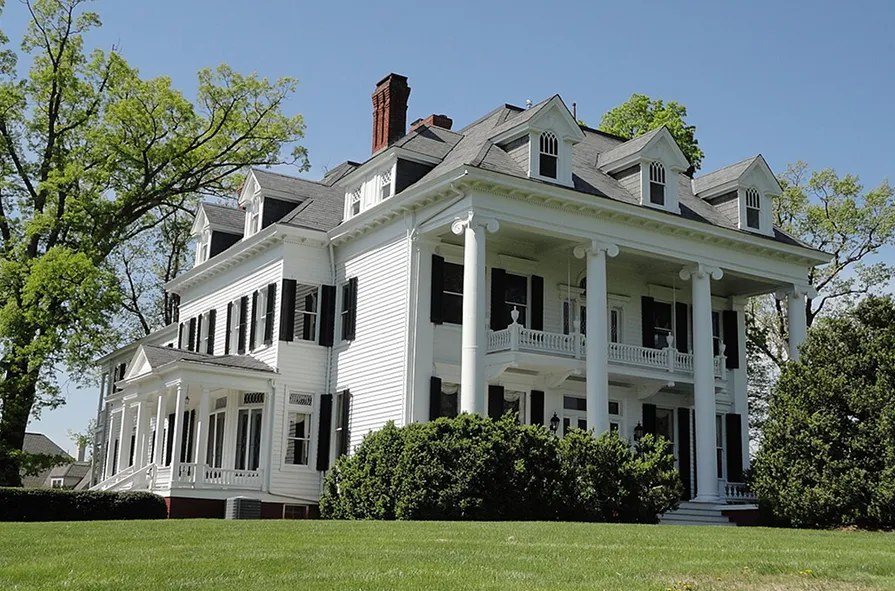
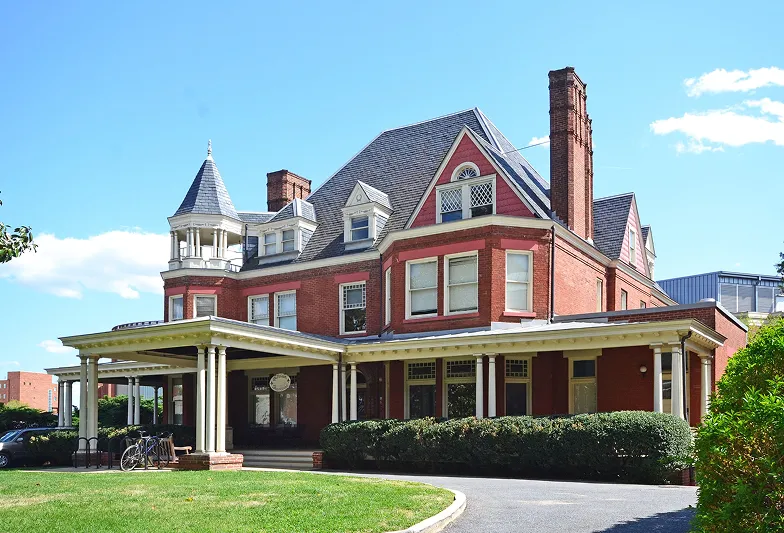
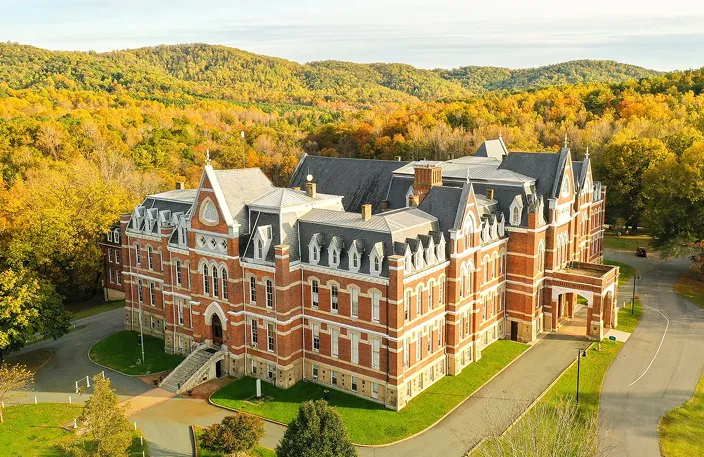
.webp)
.webp)
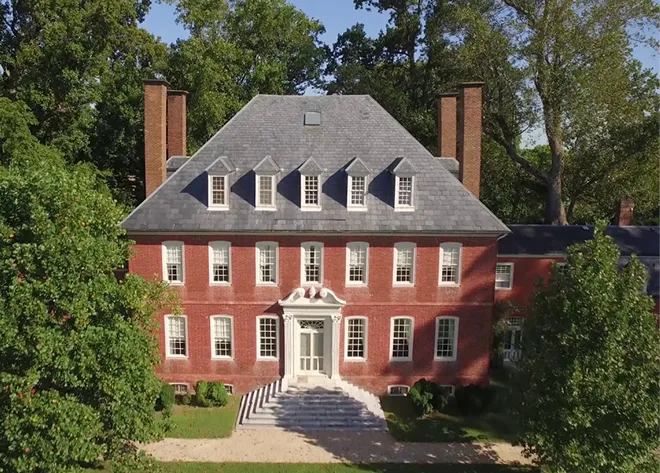
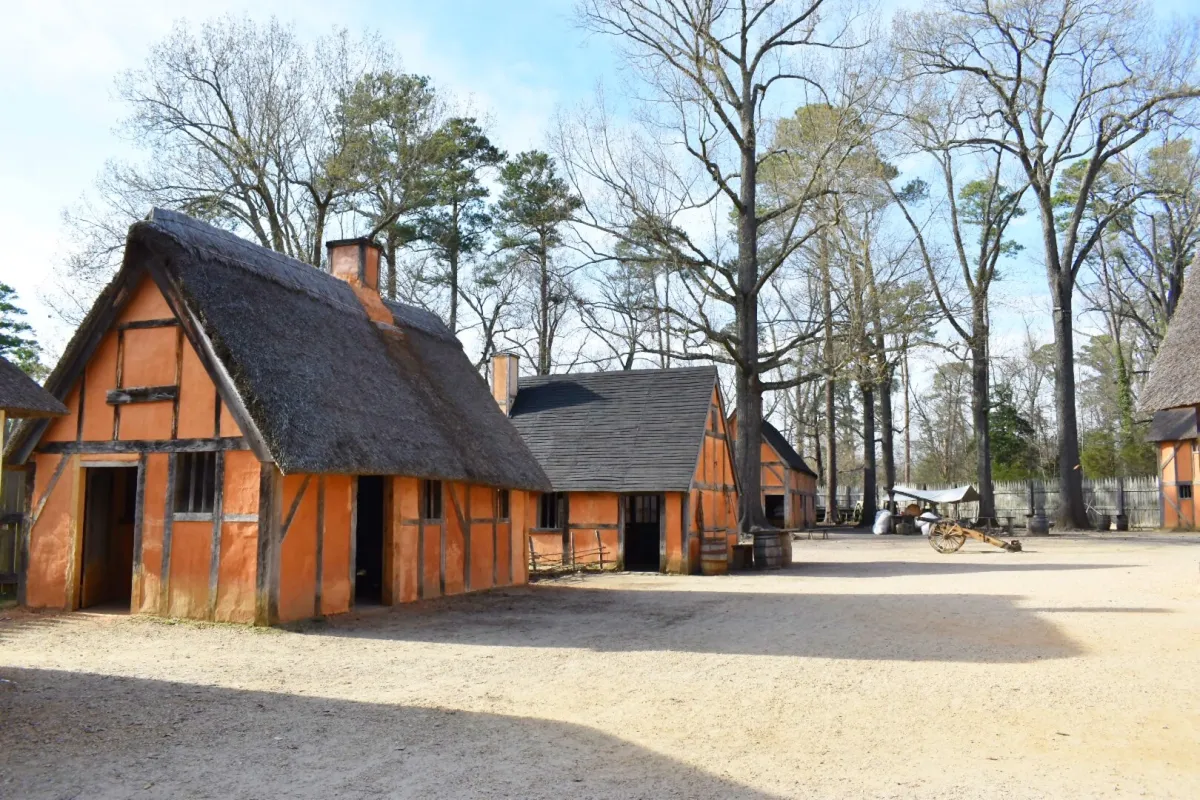
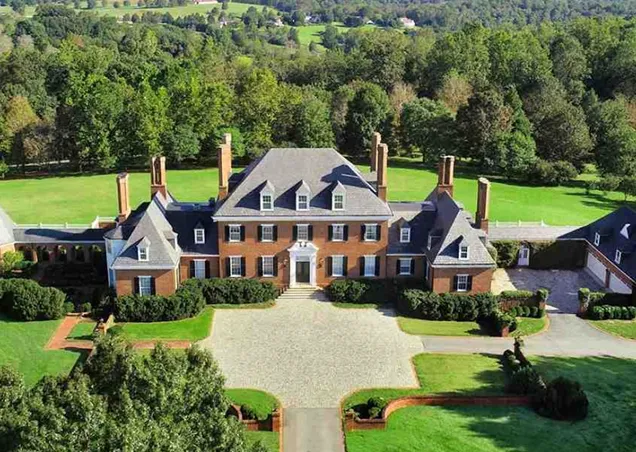
.webp)
.webp)











.webp)
.webp)

.webp)
.webp)
%2520(1).webp)
%2520(1).webp)
%2520(1).webp)

.webp)
.webp)
%2520(1).webp)
%2520(1).webp)

%2520(1).webp)
%2520(2).webp)

%2520(1).webp)
%2520(2).webp)
.webp)


.webp)
.webp)
%2520(2).webp)
.webp)
.webp)
%2520(1).webp)

.webp)
%2520(3)%2520(1).webp)
.webp)
%2520(1)%2520(1).webp)
.webp)
%2520(1).webp)
%2520(2)%2520(1).webp)